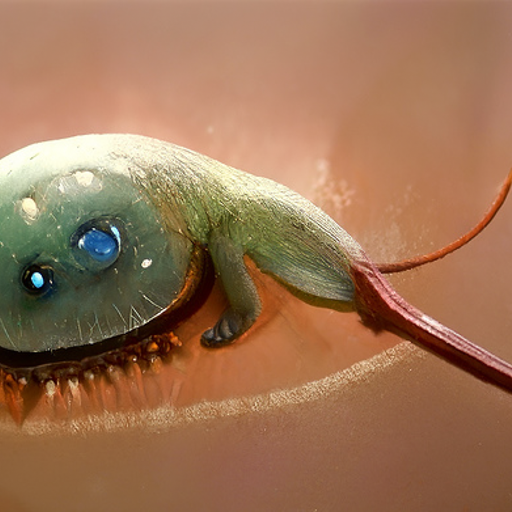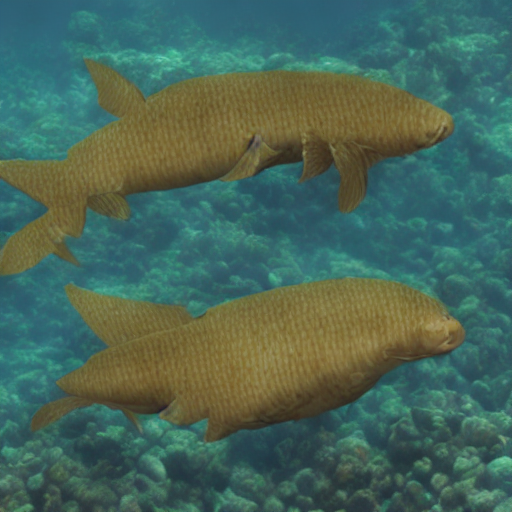
Currently...
Biome Modifiers
Radioactive
This biome is at least somewhat radioactive, and may be hazardous to your health. Mutations are likely.
Constant earthquakes
An earthquake has been shaking this biome for years now, with no sign of stopping.
Forbidden
It is against local laws to visit this biome. None are allowed to enter.
Creatures found in the æserezz Lake

COMMON
#140 Fydern
The fydern is a green creature roughly the size of a human fingernail. It has twelve short legs and two wiggling antennae, which it uses to catch microscopic bugs. Its body is covered in a thick, greasy layer of skin and fat. If a fydern is taken out of water, its legs will fo...
#140 Fydern

COMMON
#250 Parloi
Parlois are large, herbivorous reptiles without a face that spend most of their time in the water. They are easygoing, almost to a fault. They will often ignore predators and let them eat them if it means that they can continue to relax. Their favorite food is leaves that have...
#250 Parloi

UNCOMMON
#005 Thabu
Thabus are hulking creatures of ancient history that have survived over time by melding with mountains and hibernating. They awake every thousand or so years to see if the world is a better place, but a thabu invariably goes back to sleep after each short period awake. No one ...
#005 Thabu

COMMON
#266 Zajg
Zajg (spelled zayg in some locales) are a faceless fish common in warm reefs. These large trawlers use a version of echolocation that provides better information about their surroundings compared to typical fish eyesight. This sensory system allows zajg to dominate their habit...
